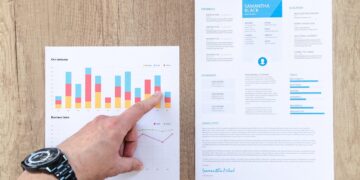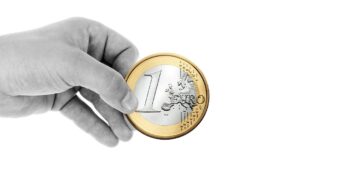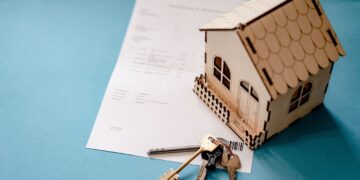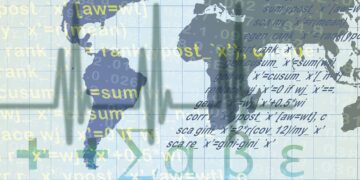Breaking Free from Debt: Strategies for Ending Your Reliance on Borrowed Money
Debt is a significant hurdle for many individuals, limiting their financial freedom and contributing to ongoing stress. Finding effective strategies to reduce and eventually eliminate debt is crucial for achieving financial stability. Here, we explore practical steps you can take to break free from debt, improving your fiscal health and paving the way for a brighter, more secure financial future.
Understand Your Debt
The first step to managing and eliminating your debt is understanding it thoroughly. Start by listing all your liabilities, including credit card debt, student loans, personal loans, and mortgages. Make note of the interest rates, monthly payments, and due dates.
Actionable Tip: Use a spreadsheet or a debt management app to keep track of each detail. This clarity is the foundation of your strategy to get rid of debt.
Create a Realistic Budget
Budgeting is essential in managing your finances. It involves tracking your income and expenses to create a plan that helps you live within your means. Prioritize necessary expenses such as rent, utilities, and groceries, and identify areas where you can cut back, like dining out or subscription services.
Actionable Tip: Utilize budgeting tools or apps to simplify this process. They can help you visualize your income and expenditures and find areas for adjustment.
Choose the Right Debt Repayment Strategy
Two popular methods for paying off debt are the Snowball and Avalanche methods. The Snowball method involves paying off debts from the smallest to the largest, providing psychological wins. Conversely, the Avalanche method targets debts with the highest interest rates first, which may save you money over time.
Actionable Tip: Evaluate both methods and decide which suits your motivational style and financial situation best.
Increase Your Income
Increasing your income can accelerate your debt repayment. Consider asking for a raise, seeking better-paying employment, or starting a side hustle. Even temporary additional income sources can make a substantial difference.
Actionable Tip: Explore online freelance opportunities if you have skills such as writing, web design, or digital marketing. This flexibility can allow you to earn extra without leaving home.
Reduce Your Spending
Reducing your expenses is equally crucial as increasing your income. Scrutinize your spending habits to find where you can make cuts without significantly impacting your lifestyle. Often, small modifications can aggregate into substantial savings.
Actionable Tip: Switch to generic brands, cut back on entertainment costs, and reduce energy consumption to save money.
Consider Debt Consolidation
Debt consolidation can be a practical approach if you’re dealing with multiple high-interest debts. It involves combining all your debts into one, typically at a lower interest rate, making it easier to manage and pay off.
Actionable Tip: Research and compare different debt consolidation loans or credit balance transfer options to find the best rates and terms.
Prioritize Your Debt Payments
Whenever possible, make more than the minimum payment on your debts. Prioritizing debt payments can significantly reduce the amount of interest accrued and shorten the time it takes to become debt-free.
Actionable Tip: Use any extra income — like tax refunds or bonuses — directly towards your debt to speed up repayment.
Build an Emergency Fund
Having an emergency fund is critical. It reduces the likelihood of needing to borrow money in case of unexpected expenses. Start small, even if it’s just a minor amount each month, and gradually build it up to cover several months of expenses.
Actionable Tip: Automate your savings to ensure you consistently contribute to your emergency fund without needing to remember it each month.
Seek Professional Help
If your debt feels overwhelming, consulting with a financial advisor or a credit counseling service can provide personalized guidance and help you manage your situation better. These professionals can offer insights into possible debt relief options like debt management plans or bankruptcy.
Actionable Tip: Look for accredited and reputable financial advisors or counseling services in your area to ensure you receive the best advice.
Conclusion
Breaking free from debt is a challenging journey that requires patience, commitment, and strategic planning. By understanding your debt, creating a realistic budget, choosing the right repayment strategy, and seeking professional advice when needed, you can effectively manage and eventually eliminate your debt. These steps will not only lead you toward financial freedom but also inspire a more secure and prosperous financial future.
Keep these strategies in mind, continuously assess your financial health, and take proactive steps towards a debt-free life. Your financial independence is worth the effort!



























































